Ella Gwendolen Rees Williams, better known by her pseudonym Jean Rhys, was born in August of 1890, at a time when the British empire was growing to its peak. But why mention this when Rhys herself was born in Dominica? At age sixteen, Rhys would find herself moving to England to pursue her education, and from this point onward it seems that most, if not all, of her works, were influenced by the tension that resulted from Britain’s relationships with its colonies.
Rhys originally pursued studies in drama, but after much discrimination, including her instructors telling her that she would never succeed or learn to speak “proper English,” Rhys turned to writing to express her dissent with the society in which she lived.
After taking up this pursuit, she became acquainted with Ford Maddox Ford, and in addition to serving as a mentee of his, the two became involved in a complicated affair that was bound to end poorly from the moment it began. In addition to this affair, Rhys was married on three different occasions. After her third husband’s death, she remained alone until her own passing.
Relationships set aside, Rhys had numerous other struggles that affected her life and influenced the direction her works took. Rhys suffered from depressive episodes and had violent outbursts on occasion. One of her violent outbursts led to her being placed in Holloway prison for assault.
Her time spent in Holloway prison was brief, and though she did not write anything during this time or truly recount her experiences, it is obvious that this time of her life had an impact on the things she wrote later on.
The works that Rhys produced were unique and innovative for her time, and as Ford Maddox Ford put it, Rhys had a “passion for stating the case of the underdog.”

Her first works all came to be published in a relatively short amount of time, the first being The Left Bank, a collection of short stories, which was published in 1927. This collection was made possible by Rhys’ introduction to Ford Maddox Ford, and the book contained an introduction written by him.

Her second book, Postures, was published but a year later in 1928. However, this book is better known by the name it was given in America, Quartet. This was concurrent with the fallout between Rhys and Ford, and the subject matter of the novel is closely tied to this major event in her life— all the while still existing as a piece of fiction.
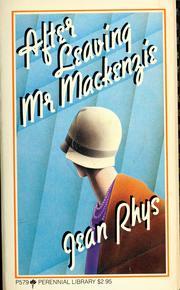
She then published After Leaving Mr. Mackenzie, a novel about a young woman out of chances who faces her future after depending on the wealth and charity of others to survive up to the present. This perhaps alludes to Rhys’ own life in prior years, when she depended on men and prostitution to keep her comfortable from day to day.
After this novel, she published only two more works before falling into literary obscurity for around three decades.
However, in 1966, Jean Rhys once again became a well-known name in literary spheres. For it was in this year that she published Wide Sargasso Sea, a response to Charlotte Brontë’s wildly popular Jane Eyre. With its emphasis on the negative repercussions of British Imperialism, Wide Sargasso Sea tells the story of Bertha Rochester, the “mad woman in the attic” briefly shown in Brontë’s novel.

Wide Sargasso Sea is partially biographical, following the narrative of a young Creole woman struggling to find her place within a tumultuous social situation, much like Rhys herself. Bertha and Rhys often speak in parallels about similar feelings of losing themselves within the world, never knowing if they will ever belong, and wondering why they exist to begin with. Bertha expresses this struggle in the novel, and Rhys does eventually go on to speak about this struggle for herself in an autobiography started shortly before her death.
All of the books mentioned above, as well as others written by Rhys, can be purchased here.
Along with Ford’s description of Rhys’ ability to convey the story of the underdog, Jean Rhys’ personal experiences and the conversation surrounding imperialism of the time gave her a unique voice that has remained relevant throughout the decades.
The dissent that she expressed with her social situation brought many readers to more empathetic terms with the plight of those being “colonized”. Her works, especially Wide Sargasso Sea, started a conversation that would have a tremendous impact on society as a whole.
Rhys seems to have been fueled by dissent and chaos of the times, but one is left to wonder if there were any feelings of content surrounding this successful literary career. To lay any questions to rest, Rhys said before her death “If I could choose I would rather be happy than write…” Though a somber note to end a life on, the literary world would certainly not be the same without Rhys’s contributions, and her impact is still being felt and studied today.
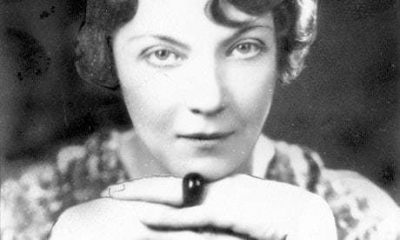

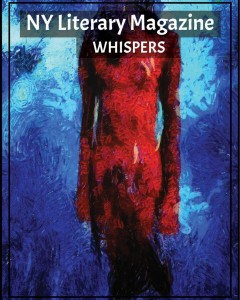
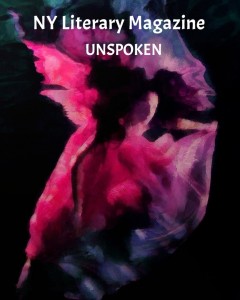

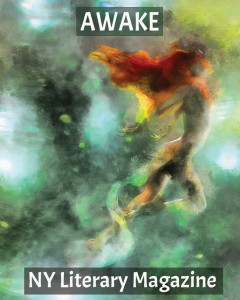
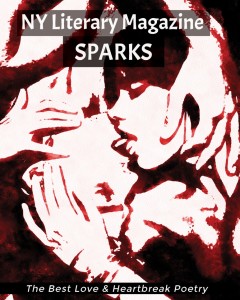




Leave a Reply
You must be logged in to post a comment.